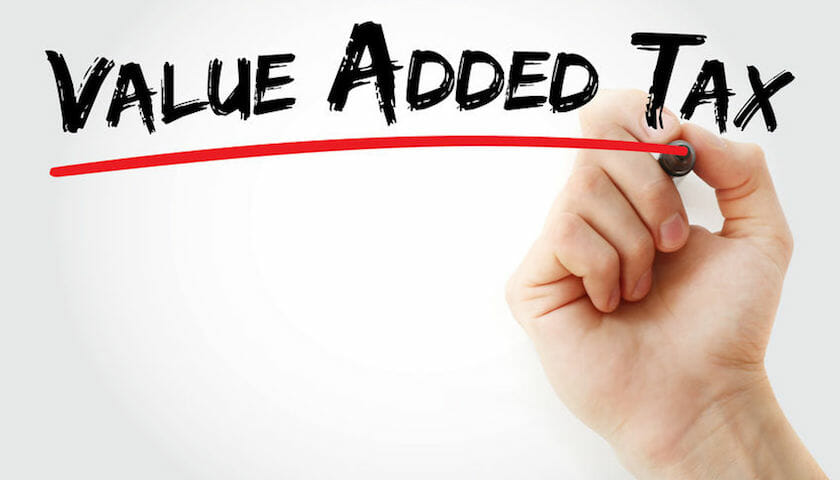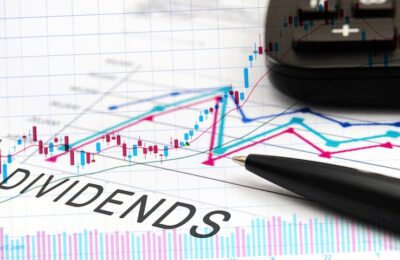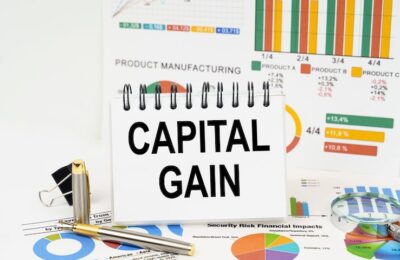Did you know that there are clear rules governing VAT on donations of goods? Or that government is consulting on tweaking those rules to encourage more charitable donations and divert goods from landfill. In this article, we look at the current rules for VAT on donations, plus details of the consultation.
VAT on donations of goods – the current rules
If you donate new or used goods to a charity or a ‘profits to charity’ organisation (usually a charity’s trading subsidiary) which then sells those goods on, the sale is zero rated for VAT.
To qualify, the goods must not be altered. It’s acceptable to clean or repair goods, as long as it doesn’t alter their structure or original use.
For example, if you give clothes to a charity, it can repair, wash and press them.
Conversely, if a business donated timber to a charity, whose volunteers then used it to make bird tables, then the sale of the latter is liable for standard rate VAT. This is because the goods aren’t being sold on in the same format as when they were donated.
Additionally, if goods are donated to a charity which then hires them out for a period before selling them, the final sale will still be zero rated for VAT.
By contrast, if the charity uses the goods itself before selling them, then they will be standard rated for VAT. HMRC gives the example of a charity that receives a donation of paintings. They hang in the charity’s offices. The artist subsequently becomes famous, so the charity decides to sell the artworks to raise funds. Because the charity has ‘used’ the paintings before the sale, the sale will be standard rated for VAT.
Implications for donating businesses
The rules also have implications for businesses that donate goods to charities. If donated goods are sold on by the charity, the business doesn’t have to pay VAT to HMRC in respect of the donation. However, if the charity plans to use the goods in a different way – and the business also recovered VAT on the purchase of those goods – the business will normally need to account for VAT at the standard rate on the donation of these goods. VAT is also calculated at their value at the point of donation.
What are the proposed changes?
Government is largely happy with the current rules concerning VAT on donations because they help ‘prevent tax avoidance’. However, it wants to make changes to the rules in order to encourage greater charitable giving and to see fewer goods making their way to landfill. For that reason, it is proposing a VAT relief that will apply to donations of goods that could allow charities to use them in delivering services, or let them be given away to people in need.
That said, the government is keen to not open a route that could be used to channel VAT-free goods on to the wider market. Therefore, government is consulting on how the relief should be restricted:
- Value of the goods. Should the relief be capped at £50 or £100 per item?
- What the goods are. Some items, such as laptops, may result in a higher risk of VAT avoidance. Should they be excluded from the relief?
- How goods are to be used. Should the relief be restricted to goods distributed to those in need? Or should it apply to goods that are used by the charity in its work?
- Who receives the goods. Should individuals receiving goods meet eligibility criteria? For example, should they be in receipt of certain benefits? Or should the amount of goods they receive be capped?
- The charity itself. Should the VAT on donations relief be restricted to registered charities or those with a main objective of poverty relief?
You can participate in the consultation here. If you’d like to respond, you have until 21st July 2025.
Need help with VAT on donations of goods?
If the rules relating to VAT on donations of goods do change, both donating businesses and charities will need to adapt their record keeping to comply. If this happens, our VAT experts can help you. In the meantime, if you need any help complying with the current VAT on donations rules, get in touch with our friendly team today. Our VAT returns service offers you excellent value and professional advice.
About Mark Ingle
Owner-manager business specialist, Mark Ingle is key to building relationships with clients at the Chelmsford office. “I like to see clients enterprises grow and succeed.” Mark explains, “The team here has a lot to offer and I can see a lot of new businesses responding to that.”
Having worked for accountancy practices in London and Essex, Mark has worked with a range of companies varying in size. For Mark, THP stands out for its “local firm approach with the resources of a larger practice.”
Although a keen traveller, Mark is focused on giving his clients at THP the highest service, “Right now, I aim to help the clients we have to the best of my ability which will help me attract more of the right clients in the future.”
Mark’s specialist skills:
- Annual and Management Accounts
- Tax and VAT
- Strategy and Business Planning
- Marketing and Sales
- Business Development












